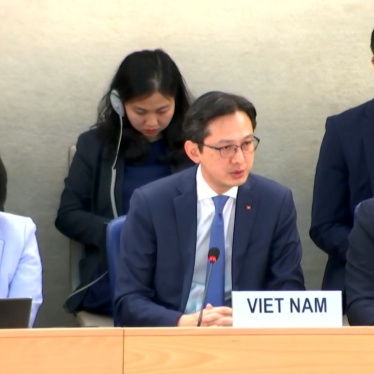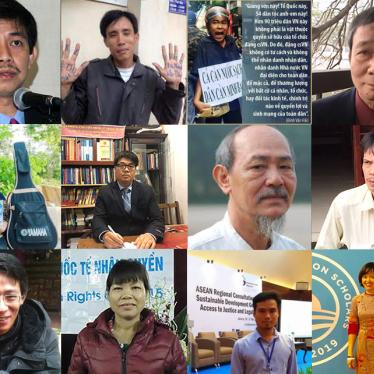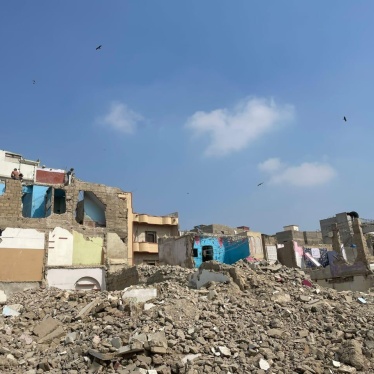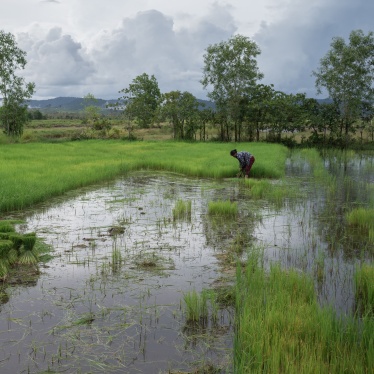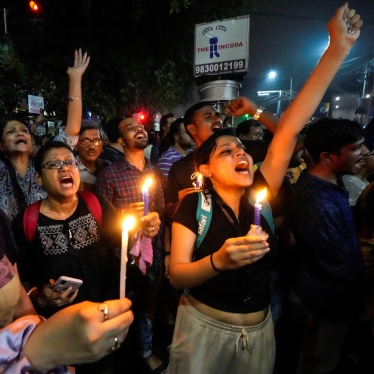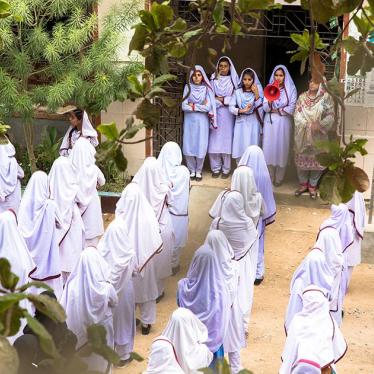In April 2016, Vietnam experienced one of the worst environmental disasters in its history when Formosa Ha Tinh Steel, a subsidiary of the Taiwan-based Formosa Plastics Group, discharged toxic chemical waste off the coast of Ha Tinh province, killing millions of fish and destroying the livelihoods of fishing communities.
Afterwards, Formosa admitted responsibility for the disaster and pledged US$500 million in compensation—not to the victims but to the Vietnamese government. Residents of affected provinces have complained about the lack of transparency in the payment of the compensation, including obstacles to claiming damages and misappropriation of funds by local authorities.
Vietnamese authorities have also repressed protests over the disaster. Shortly after the spill, thousands of people carrying homemade banners calling for “clean water, clean government, and transparency” demonstrated peacefully to demand an investigation. Police and other security forces used unnecessary and excessive force against the marchers, assaulting people and arresting them. In the years since, the government has continued to silence critics. At least 41 activists involved in protests were sentenced to many years in prison. Of this group, 31 are still behind bars.
The prominent blogger Pham Doan Trang is currently serving a nine-year prison sentence after being charged with “conducting propaganda against the state.” One of the documents the authorities cited in her conviction was her report on the Formosa toxic chemical spill.
Labor activist Hoang Duc Binh is serving a 14-year prison sentence. He had participated in protests and helped organize advocacy around compensation for fishermen who lost their livelihoods.
Nguyen Nam Phong was arrested after driving people to an event where hundreds of people were gathering to file court petitions against Formosa. Many of the protesters were reportedly arrested or assaulted.
Facing the impossibility of pursuing justice in Vietnam, some victims of the spill took their case to Taiwan in 2019. Taiwan’s Supreme Court eventually determined that the plaintiffs needed to have their court documents notarized at Taiwan’s mission in Vietnam. But because the Vietnamese government continues to retaliate against victims and advocates, that has proved nearly insurmountable as well.
Given the extraordinary situation in Vietnam, Taiwan’s courts should consider other methods of notarization and extend the deadline for submission, which is currently the end of this week. The courts should not compound injustice by accommodating Vietnamese government repression.


